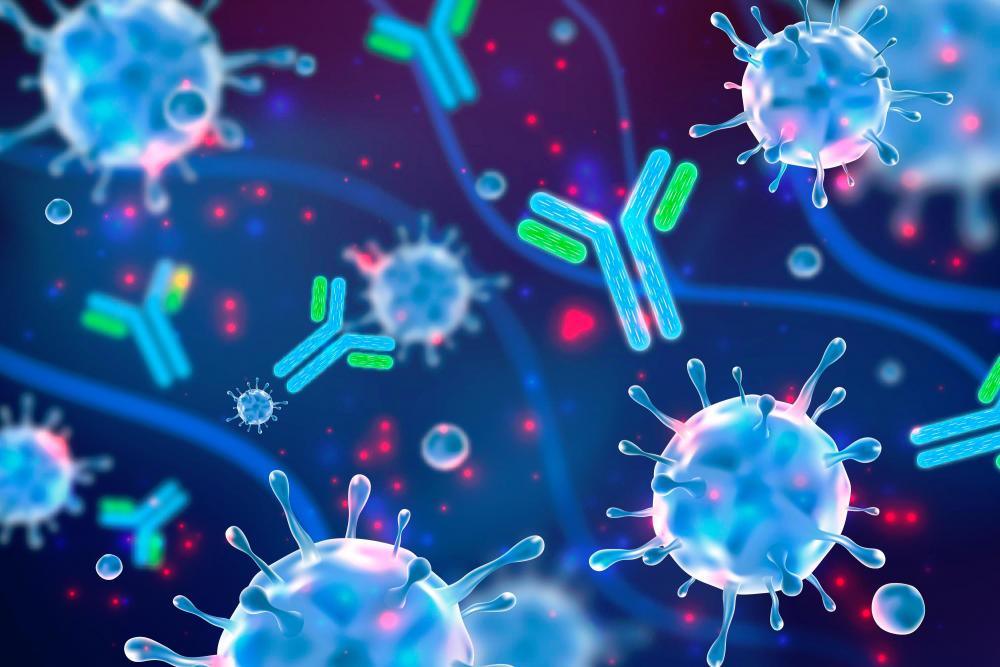WORLD AMR (Antimicrobial Resistance) Awareness Week, celebrated annually from Nov 18 to 24, is an initiative led by the World Health Organisation (WHO) to raise global awareness about antimicrobial resistance and encourage best practices to curb its spread.
AMR occurs when microorganisms evolve to resist the effects of medications designed to kill them, such as antibiotics, antivirals, antifungals and antiparasitics. This phenomenon poses a significant global health threat as it can lead to longer hospital stays, increased medical costs and higher mortality rates.
One alarming factor contributing to the rise of AMR is climate change,
which disrupts ecosystems and human health dynamics, thereby increasing the infection rate.
Climate change can worsen AMR in several ways. It alters ecosystems by shifting habitats, which helps bacteria, viruses and parasites spread as temperatures rise. Warmer temperatures and extreme weather can extend the range of disease-carrying vectors, like mosquitoes, leading to more infections such as malaria and dengue.
Additionally, climate change can push wildlife closer to human populations, increasing the risk of zoonotic diseases. As pathogens transfer from animals to humans crossing the species barrier, the likelihood of AMR also increases.
Water and food supply issues due to climate-related disruptions can create unsanitary conditions, raising the risk
of infections. Moreover, using antibiotics in livestock for growth can lead
to resistance that may be passed to humans.
To tackle AMR as a community, several proactive steps can be taken:
Collaboration with health authorities: Work with healthcare providers and local health authorities
to ensure responsible antibiotic prescriptions, and educate patients on proper use.
Collaboration with school authorities: Work with school authorities to engage students in workshops on the prudent use of antibiotics, the importance of hygiene and sanitisation.
Community health initiatives: Create programmes focused on vaccination, education and healthcare access to prevent infections, and lessen antibiotic dependence.
Improve hygiene and sanitation: Enhance sanitation and hygiene in homes and public places to limit infection spread. Simple actions like handwashing and safe food preparation can make a big difference.
Public awareness campaigns: Educate the public about AMR and its risks, dispelling myths and promoting responsible antibiotic use through workshops, information sessions and social media.
Support research and innovation: Encourage local institutions to invest in research on AMR and develop new treatments for lasting solutions.
Support sustainable practices: Encourage farming methods that reduce antibiotic use in livestock, and support local farms that prioritise animal welfare.
Healthcare professionals play an important role in tackling AMR. Effective training in antimicrobial stewardship is essential to promote the responsible use of antimicrobial drugs.
Using digital tools such as online courses, webinars and apps can make AMR education more accessible for healthcare providers.
Patient education during medical visits is important too, particularly in explaining when antibiotics are necessary and the risks of misuse.
Healthcare professionals can also work with policymakers to support regulations promoting antibiotic stewardship, AMR research funding and public health initiatives.
The Malaysian Action Plan on Antimicrobial Resistance 2022-2026 emphasises the collaboration between government agencies, healthcare providers, educational institutions and the private sector.
This comprehensive, long-term strategy aims to address AMR through a “one health” approach that safeguards public health, food security and environmental health while aligning with global AMR control efforts.
Through collective action at community, national and global levels, we can tackle AMR threat and ensure
the continued efficacy of life-saving medications for the next generation.
Dr Priya Madhavan is an associate professor at the School of Medicine, Faculty of Health and Medical Sciences, Taylor’s University. She also holds the position of hub leader of Communicable Diseases under Digital Health and Medical Advancement Impact Lab at the institution. Comments: letters@thesundaily.com









